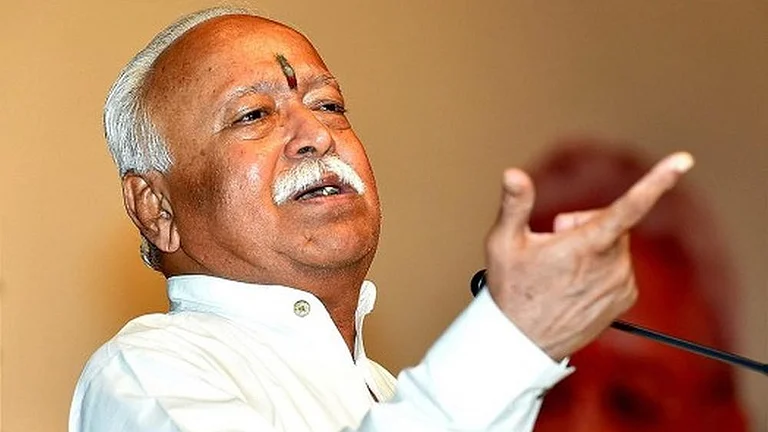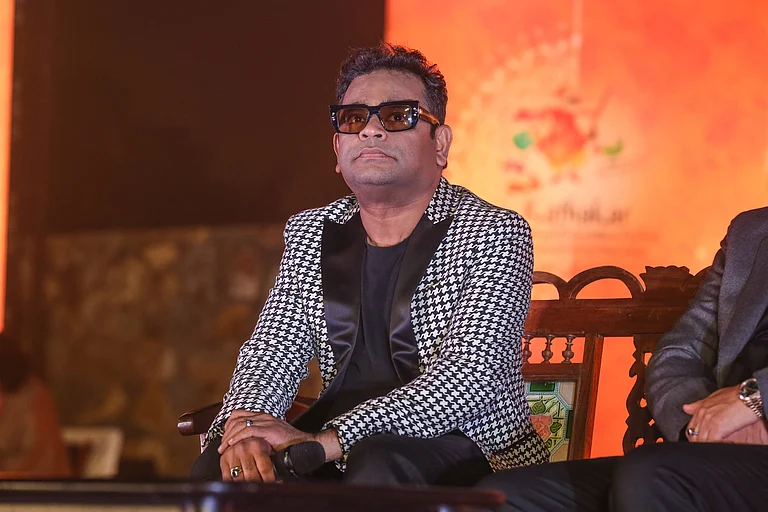Actor Ashley Judd, known for her pivotal role in igniting the #MeToo movement with her allegations against Harvey Weinstein, delivered a powerful speech at the United Nations General Assembly on Monday, championing the rights of women and girls to govern their bodies and live free from male violence.
As a goodwill ambassador for the UN Population Fund (UNFPA), Judd addressed the Assembly's commemoration of the 30th anniversary of the landmark document adopted at the 1994 Cairo conference. This document, for the first time, recognized women's right to control their reproductive and sexual health, emphasizing their autonomy in deciding if and when to conceive.
Judd lauded the Cairo program of action as a "glorious, aspirational document" that has profoundly influenced her advocacy over the past two decades. She recounted her experiences travelling the globe, shedding light on sexual and reproductive health and rights in various marginalized settings, including slums, brothels, and refugee camps.
The Cairo conference marked a significant shift in the focus of the UNFPA towards promoting individual choices for women and men, alongside supporting economic empowerment and education for girls. Research highlighted during the conference underscored the correlation between women's education and smaller family sizes.
While the Cairo conference recognized sexual and reproductive health and rights for women, it did not extend to sexual rights, which were acknowledged a year later at the 1995 UN Women's Conference in Beijing. Despite progress, contentious issues such as unsafe abortion persist, with governments grappling with the public health implications while refraining from endorsing abortion as a family planning method.
Judd shared anecdotes from her visits to various countries, including Madagascar and Turkey, where she encountered women facing exploitation and dire living conditions. She emphasized the root cause of such injustices as the systemic inequality faced by women and girls across social, cultural, and legal domains.
Expressing gratitude for the UNFPA's efforts in providing modern family planning choices, Judd highlighted the importance of women's agency in deciding when to have children and the need for the ability to refuse sex without facing repercussions.
Natalia Kanem, executive director of UNFPA, celebrated the progress made over the past three decades, citing reductions in maternal mortality, increased contraceptive use, and declines in adolescent births and child marriages. However, Kanem cautioned against complacency, noting the slowing pace of progress and widening inequalities.
U.N. Deputy Secretary-General Amina Mohammed echoed these sentiments, emphasizing the need to address persisting challenges such as high child mortality rates and inadequate access to family planning in many developing countries. Mohammed underscored the imperative of safeguarding sexual and reproductive health and rights, pledging to confront any attempts to roll back women's rights.



























